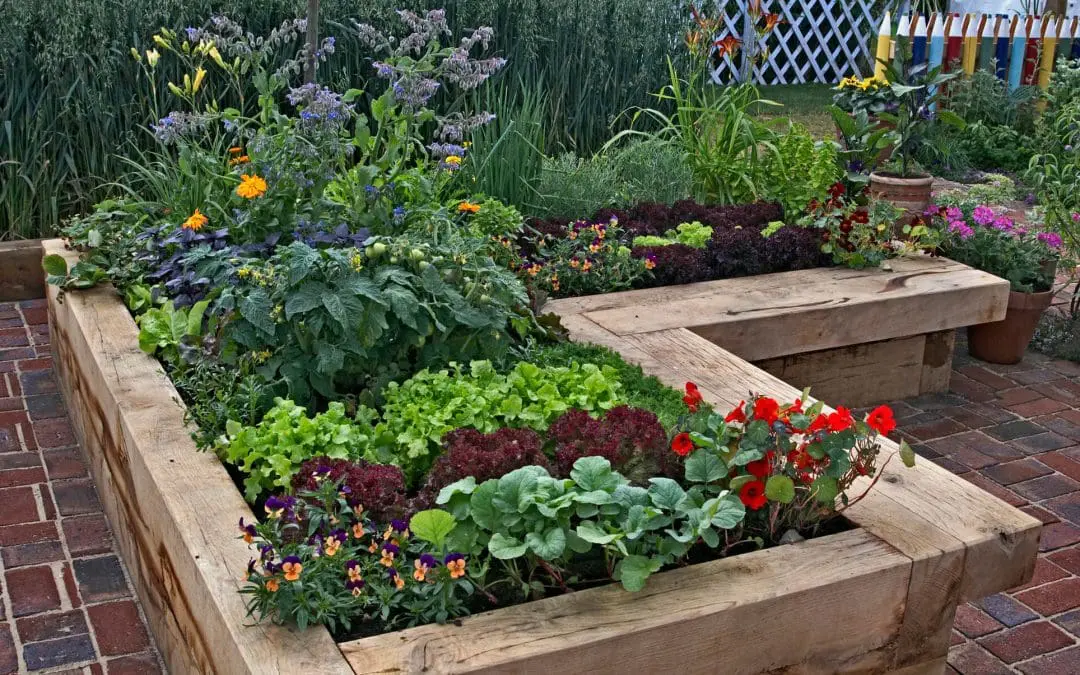Summer brings warmth and sunshine, which makes it prime time for gardening. However, the intense heat and potential drought conditions can stress plants. With proper care and a few strategic steps, you can help your garden survive summer. Here’s how:
Choose the Right Plants to Help Your Garden Survive Summer
Selecting heat-tolerant plants is the first step in ensuring your garden survives the summer. Native plants and those adapted to your climate are more likely to withstand high temperatures. Consider planting succulents, cacti, and other drought-resistant species. Perennials like lavender, yarrow, and coneflower are also excellent choices for a summer garden.
Water Wisely
Watering your garden effectively is crucial during summer. Early morning is the best time to water, as it allows plants to absorb moisture before the heat of the day. Deep watering is more beneficial than frequent shallow watering, as it encourages roots to grow deeper, making plants more resilient to drought. Drip irrigation systems and soaker hoses efficiently deliver water directly to the roots, minimizing evaporation.
Mulch Generously
Mulching helps retain soil moisture, regulate soil temperature, and suppress weeds. Apply a layer of organic mulch, such as straw, wood chips, or compost, around your plants. This will keep the soil cool and reduce the need for frequent watering. Make sure to replenish mulch throughout the summer to maintain its effectiveness.
Provide Shade to Help Your Garden Survive Summer
Some plants may require extra protection from the intense summer sun. Shade cloths, garden umbrellas, or strategically placed taller plants can provide much-needed relief. For container gardens, move pots to shaded areas during the peak heat of the day. Temporary structures like trellises with climbing plants can also shade more delicate plants below.
Feed Your Plants
Summer heat can deplete soil nutrients, so keeping your plants well-fed is essential. Use a balanced, slow-release fertilizer to provide a steady supply of nutrients. Organic options, such as compost or fish emulsion, are also beneficial. Avoid over-fertilizing, as this can lead to excessive growth that requires more water and care.
Monitor Pests and Diseases
Hot and dry conditions can exacerbate pest and disease problems in your garden. Regularly inspect your plants for signs of stress, such as wilting, discoloration, or unusual spots. Encourage beneficial insects like ladybugs and lacewings, which help control pests naturally. If necessary, use organic pesticides or fungicides to address any issues promptly.
Prune and Deadhead
Pruning and deadheading can help your plants conserve energy and promote healthy growth. Remove any dead or damaged leaves and spent flowers to encourage new blooms. This practice also improves air circulation around plants, reducing the risk of disease. Be mindful not to over-prune, as this can expose plants to too much sun and heat.
Plan for Future Summers
Consider incorporating water-saving techniques and drought-resistant landscaping elements into your garden design. Rain barrels, xeriscaping, and planting native species can reduce water usage and make your garden more resilient in the long run. Evaluate your garden’s performance each summer and adjust your strategies accordingly to ensure continuous improvement.
Stay Consistent to Help Your Garden Survive Summer
Consistency in care is critical to helping your garden survive summer. Regularly check soil moisture, adjust watering schedules, and stay vigilant for signs of stress. Maintaining a routine will keep your garden healthy and vibrant throughout the season.
By following these tips, you can ensure that your garden thrives during the summer months. With a little extra effort and attention, your plants will continue flourishing, providing beauty and bounty all season long.
FAQs
What should I do if my garden experiences a heatwave?
Increase watering frequency, provide extra shade, and avoid pruning or fertilizing during extreme heat. To protect sensitive plants, cover them with lightweight fabric.
Can I use greywater (recycled household water) for my garden?
Yes, as long as it doesn’t contain harsh chemicals. Greywater from baths, showers, and laundry can be used, but avoid water with bleach or strong detergents.
How do I know if I’m overwatering my plants?
Yellowing leaves, root rot, and waterlogged soil are signs of overwatering. The soil should be moist but not soggy.
What are some tips for maintaining container plants in the summer?
Ensure containers have good drainage, water more frequently, provide shade during the hottest part of the day, and use a quality potting mix to retain moisture.
Cole’s Inspection Services offers home inspections to customers in Statesville, NC, and the surrounding area. Contact us to schedule an appointment for our services.

